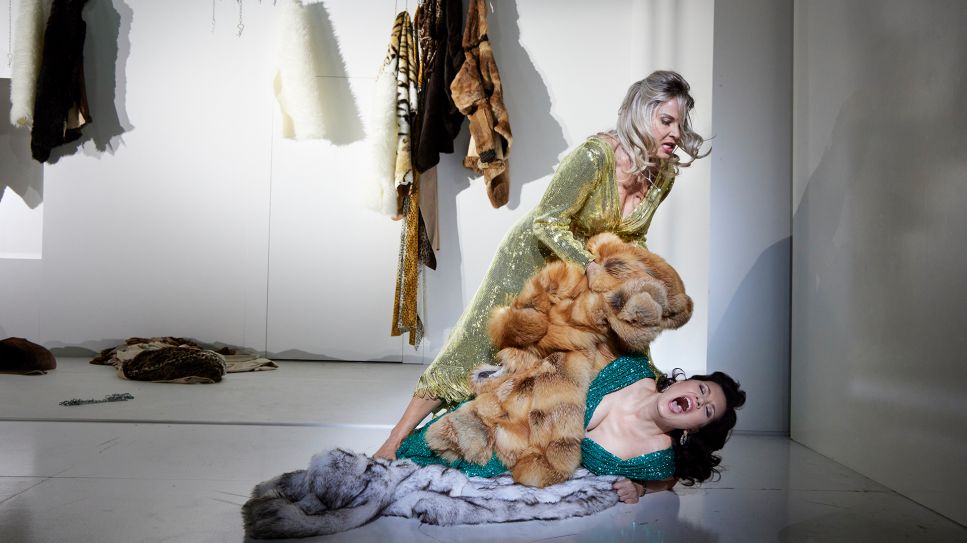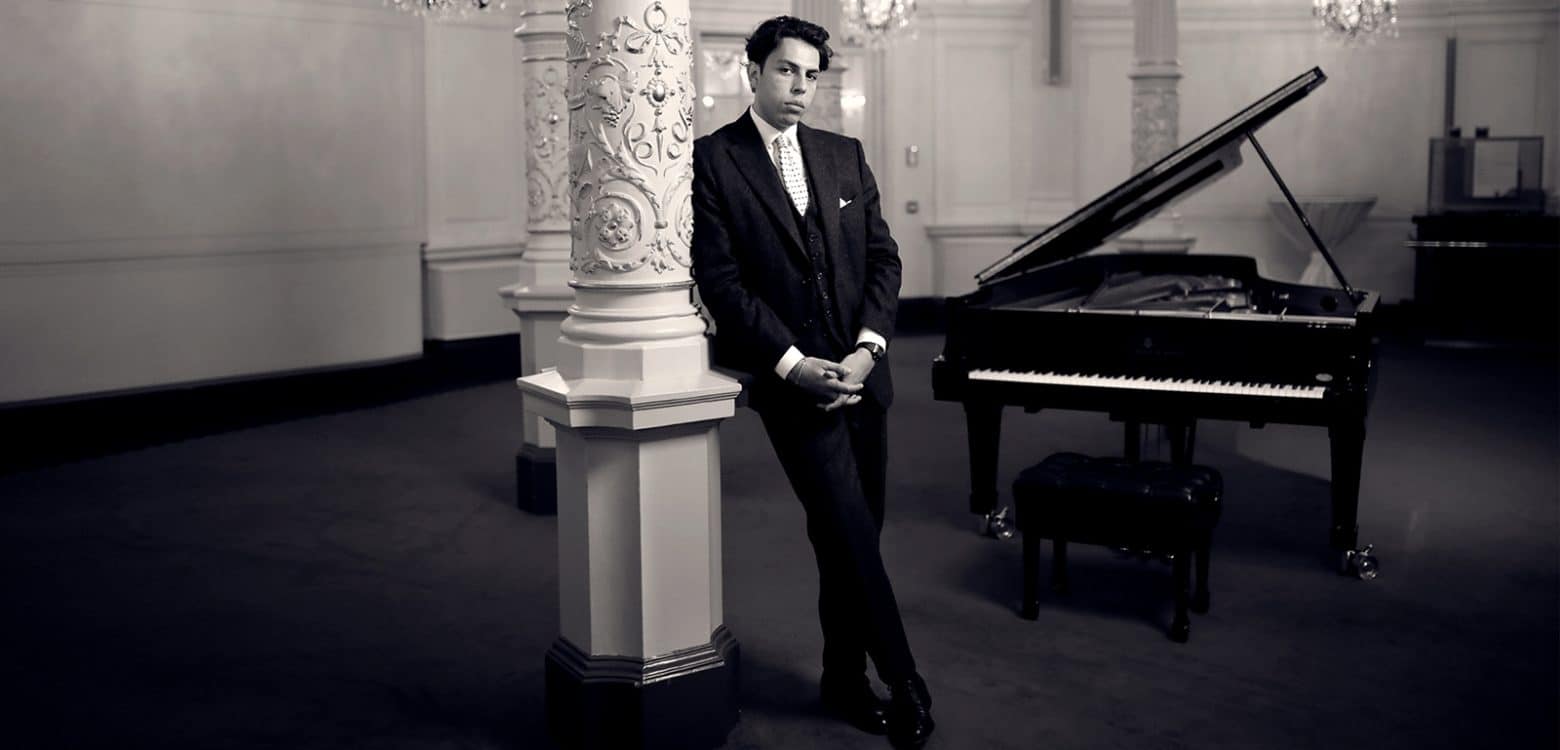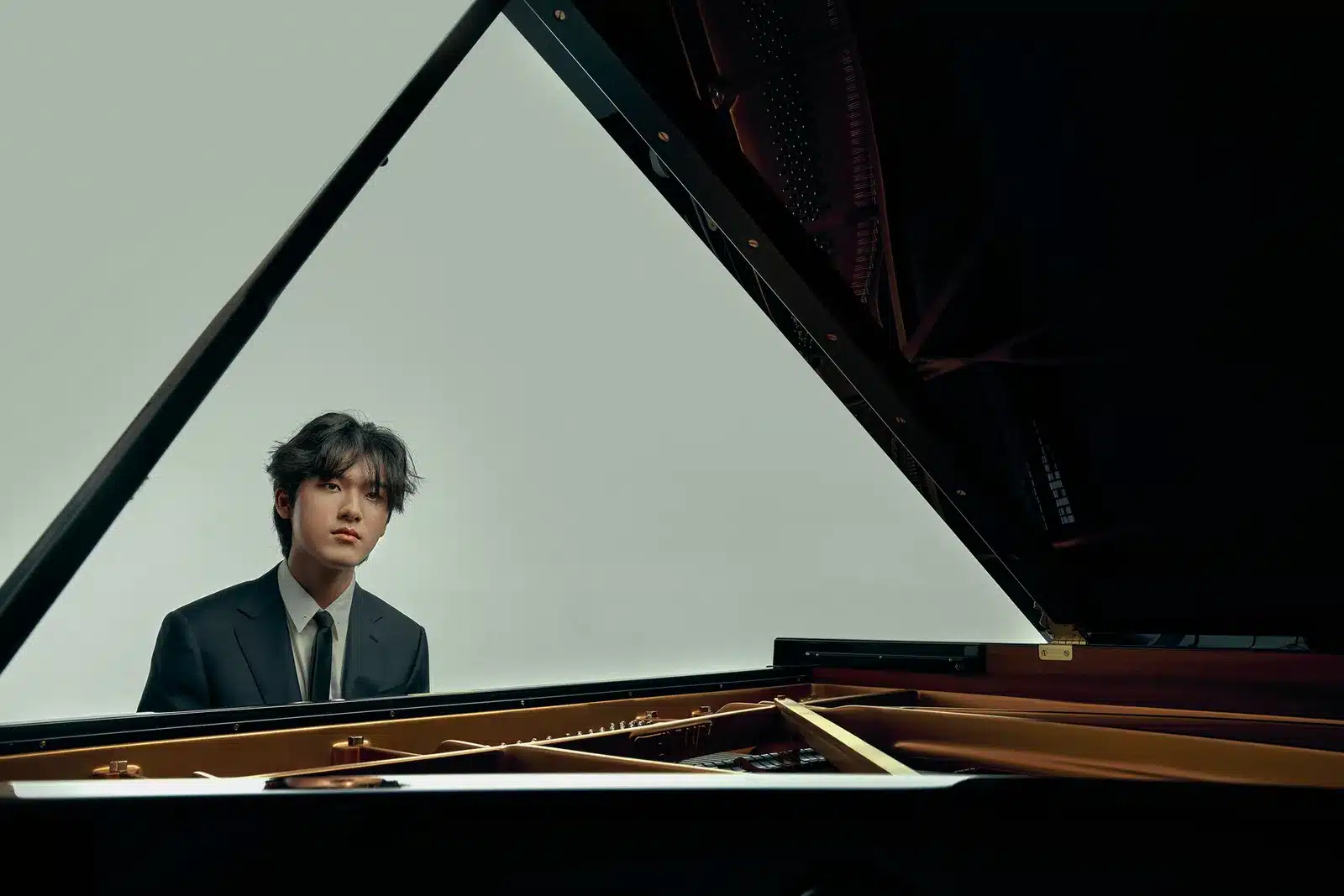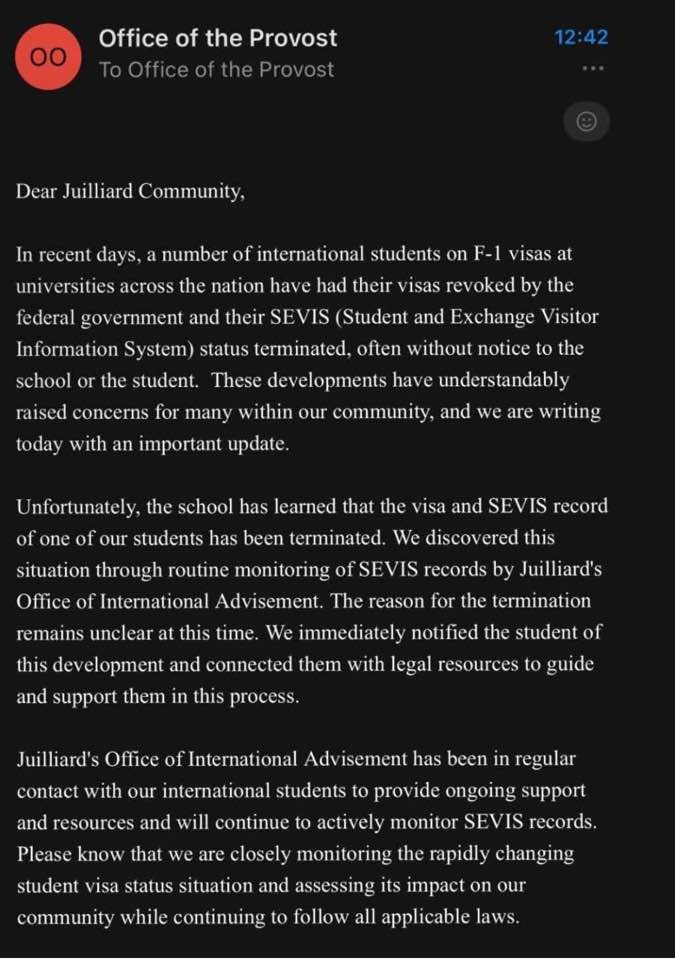Berlin bans under-14s from Aida
OperaThere was hefty dissent at the Staatsoper last night for Calixto Bieito’s post-colonial new production of Aida, with contemporary child workers substituting for Egyptian slaves.
Children under the age of 14 are not permitted to watch this performance.
Image: Hedwig Prammer/BerlinSO






Comments